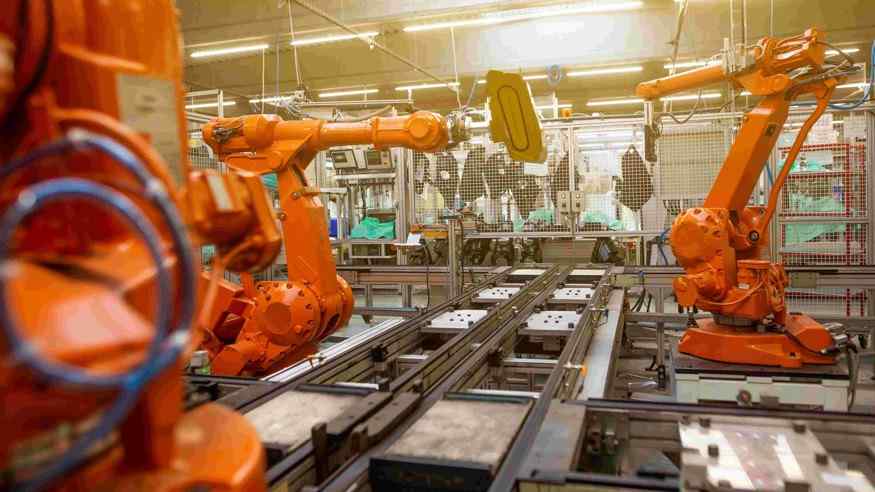The African Export-Import Bank (Afreximbank) and the United Nations Economic Commission for Africa (ECA) have signed a framework agreement with the Democratic Republic of Congo and Zambia to establish special economic zones (SEZs) for the production of electric vehicles and batteries. The move comes as the continent seeks to add value to surging demand for its critical minerals.
DRC and Zambia Join Forces
The DRC and Zambia both have significant reserves of the critical minerals needed to produce batteries for electric vehicles and other green technologies. The DRC alone accounts for approximately 70% of global cobalt supply and 88% of cobalt exports, while the two countries together contribute 11% of all copper supply globally. Both nations also possess reserves of lithium, a key ingredient in electric vehicle batteries. However, until now, they have been relegated to the role of suppliers of unprocessed critical minerals to foreign manufacturers.
To move higher up the value chain, Afreximbank and ECA will lead the establishment of an operating company in consortium with public and private investors and Afreximbank’s impact fund subsidiary, the Fund for Export Development in Africa. The new company will develop SEZs dedicated to the production of battery precursors, batteries, and electric vehicles, in both nations.
SEZs come in many forms, and their effectiveness in Africa is the topic of much debate, but they are usually geographically limited areas where companies enjoy tax benefits and other legal privileges, set up to attract foreign investment and boost employment. ARISE Integrated Industrial Platform, a pan-African infrastructure developer, has been selected as the technical consultant to conduct the pre-feasibility study for the establishment of the SEZs in DRC and Zambia.
According to the Natural Resource Governance Institute’s (NRGI) Triple Win report, there are significant barriers to the establishment of battery manufacturing facilities in Africa. No single African country has all the minerals required to produce batteries, meaning that countries will need to pool mineral supplies to achieve the minimum scale and reliability. They will also have to make sure that they are not committing too large a share of their minerals for export.
However, the organizers of the SEZs project are confident that it will deploy well-established and proven EV technology that will enable both countries to exploit their mineral resources at scale. It will accelerate the manufacture of pre-export value-added products, enabling them to capture more value within these states and result in new demand for skilled engineers with technical expertise, providing a significant boost to local labor markets.
While the Africa-wide market for four-wheeled electric vehicles is expected to be small for decades due to affordability and a lack of grid-scale charging infrastructure, the NRGI suggests that there is larger potential in the African market for two- and three-wheel electric vehicles – which use lithium iron phosphate (LFP) batteries – making industries based on this battery chemistry viable. This will require investment in cell manufacturing plants, which could be eased along by support for domestic two- and three-wheeled EV manufacturers, more lithium discoveries, and regional coordination on lithium refining. According to the Natural Resource Governance Institute’s Triple Win report, this project will help African countries to pool their mineral resources and achieve the minimum scale and reliability needed to produce batteries. The report also suggests that industries based on lithium iron phosphate (LFP) batteries for two- and three-wheel electric vehicles could be viable in the African market. However, the lack of energy infrastructure in refining raw critical minerals into ingredients for green energy technologies is a significant institutional problem.
Despite the challenges, the organizers of the project are optimistic that the establishment of SEZs in the DRC and Zambia will help both countries move up the mineral value chain. The ARISE Integrated Industrial Platform has been selected as the technical consultant to conduct the pre-feasibility study for the establishment of the SEZs in both nations. The organizers hope that the project will accelerate the manufacture of pre-export value-added products, capture more value within the states, and result in new demand for skilled engineers with technical expertise, providing a significant boost to local labor markets.
Oluranti Doherty, Afreximbank‘s Director of Export Development, said, “The execution of this framework agreement testifies to a strong commitment by the governments of the DRC and Zambia, Afreximbank, and ECA, as well as other partners, to promote inclusive development of the battery electric vehicle value chain, also rendering the DRC and Zambia globally competitive investment destinations.”
Image Credit: Simon Kadula/Unsplash




